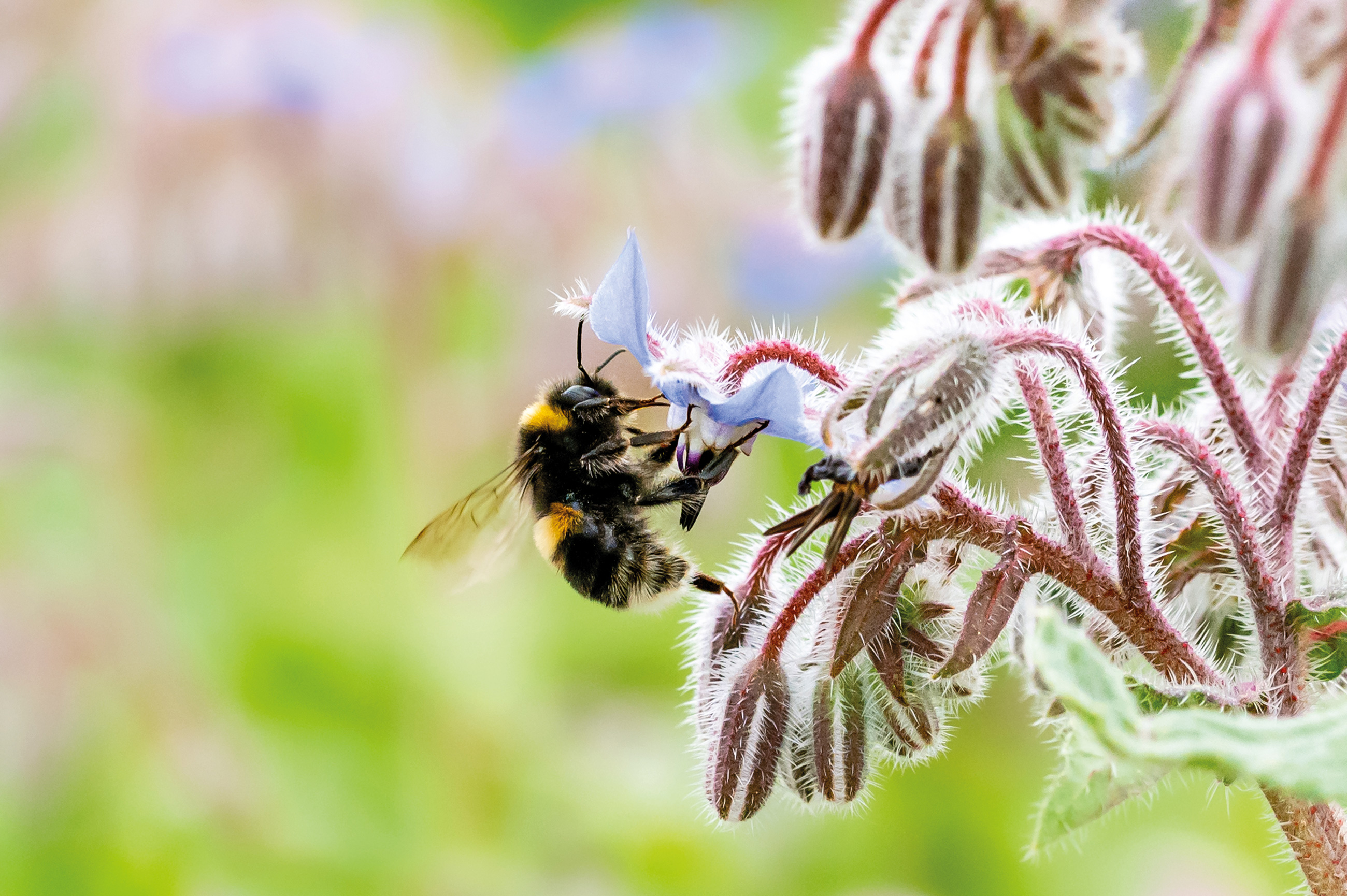Environment, climate change and food security
Climate change and food security
Climate change is the biggest threat to food security. The UK is already seeing unpredictable weather patterns and more rain, which is attributed to climate change and will impact our food security making it harder to produce crops reliably.
Therefore, it is important we reduce our carbon emissions to limit the effects of climate change and the UK can take leading role in doing this. The UK Government Food Security Report, published in December 2021 stated that “The biggest medium to long term risk to the UK’s domestic production comes from climate change and other environmental pressures like soil degradation, water quality and biodiversity.”
This was supported by the Green Alliance’s report in August 2024, which found that “climate change’s impact on reducing food production is already greater than the reduction that would be caused by using low grade farmland for solar farms.”
Solar Energy is an important form of renewable energy which will contribute to reducing our carbon emissions and limiting impacts on farming. It can protect the environment both in the short and long term by helping combat the flooding and extreme heat created by climate change which drives up food inflation, creates uncertainty for farmers and is the biggest single threat to food security.
Solar farms can also provide reliable revenue, helping to keep UK farms profitable and securing domestic food supplies. Solar can diversify farming activities, so farms can have a mix of different revenue streams, with solar being a steady stream of income while crops may vary year on year.

Agricultural land classification
Agricultural Land Classification are categories of land based on its suitability for food production. When developing solar and energy storage parks, poorer quality land is used in preference, rather than “best and most versatile (BMV) land”, which is excellent to good quality land in grades 1, 2, and 3a.
We have been carrying out surveys to determine the agricultural land classification of the Fosse Green Energy site. This surveying has been undertaken with reference to Natural England guidance.
The results from this survey will help us to carry out an assessment of the project’s effects on agricultural land-use. This assessment forms a very important part of our work and will consider impacts which could result during the construction, operation and decommissioning of the project due to land-use changes.
From the work we have undertaken so far, 72 per cent of the project’s physical infrastructure will be built on poorer quality land, therefore avoiding development on BMV land as far as practicable. As well as considering agricultural land classifications, there are also other factors which are involved when planning the location for Solar and Energy storage parks.
This includes the location of a viable grid connection, and areas where there is flood risk and environmental considerations which need to be taken into account.
51.36% of the land currently used on the proposed principal site for Fosse Green Energy is for nonfood crop, the majority of which is being used for fuels for carbon-intensive sources of energy.
Environmental impact assessment
We are developing Fosse Green Energy with consideration to the local environment. We have developed the layout of the project considering ecology in the area, and will achieve biodiversity net gain across the site.
Fosse Green Energy is classed as an Environmental Impact Assessment (EIA) development. This means that it must be subject to an EIA to ensure the likely significant effects of the development are understood and that appropriate measures to avoid and/or mitigate those effects are put in place. The results of this work will be presented in an Environmental Statement (ES) submitted as part of the DCO application.

Biodiversity net gain
We are committed to achieving a minimum 10 per cent biodiversity net gain as part of the project. It is expected that the design at DCO Submission will demonstrate much more than 10 per cent is achievable.
What is biodiversity net gain?
Biodiversity is the variety of plants and animals present in an area, and is a key indicator of the health of an ecosystem. By working to achieve biodiversity net gain, we will ensure our work results in more or better quality environments for plants and animals. It’s an approach to development or land management that aims to leave the natural environment in a measurably better state than it was in prior to development.
We will be delivering a minimum 10 per cent biodiversity net gain for Fosse Green Energy, and solar farm developments regularly achieve over this percentage.
We are considering improvements such as creating pollinator-friendly habitats, orchards, grasslands wildflower meadows and other planting across the site.
Scoping Report
We submitted an EIA Scoping Report to the Planning Inspectorate on 19 June 2023. The Scoping Report set out environmental, social and health issues likely to be relevant and established the scope of the work that will be carried out in producing the ES for the Proposed Development.
Preliminary Environmental Information Report (PEI Report)
The PEI Report builds upon the findings from the previous documents and considers the feedback received at the non-statutory consultation and engagement with stakeholders.
It is a core technical document which sets out the preliminary findings from environmental studies and assessments.
We consulted on the PEI Report as part of our 2024 consultation. It was accompanied by a PEI Report Non-Technical Summary (NTS), which presents information from the PEI Report in non-technical language.
Environmental Statement (ES)
The assessments presented in the PEI Report will be developed based on the final design of the proposed development, environmental surveys and impact assessment in order to produce the ES. It will also describe any changes to the project and any mitigation measures which need to be implemented. The ES will form part of the DCO submission.